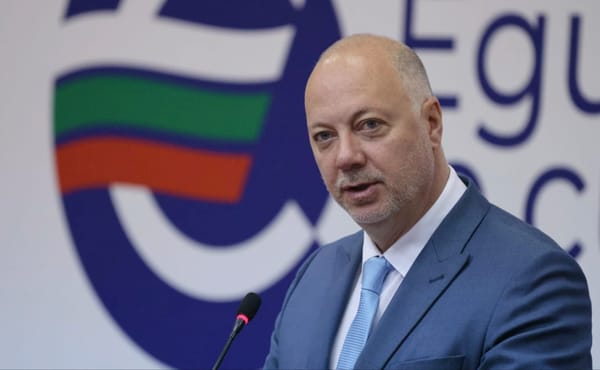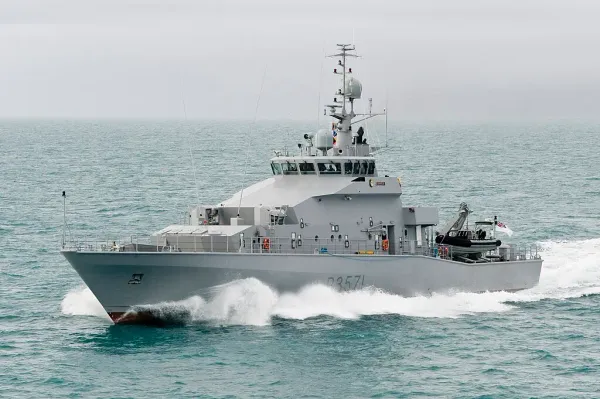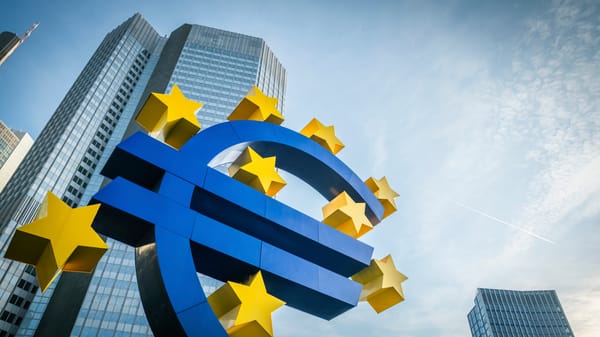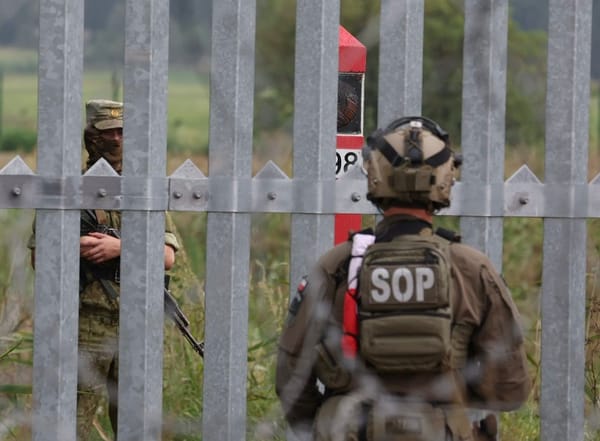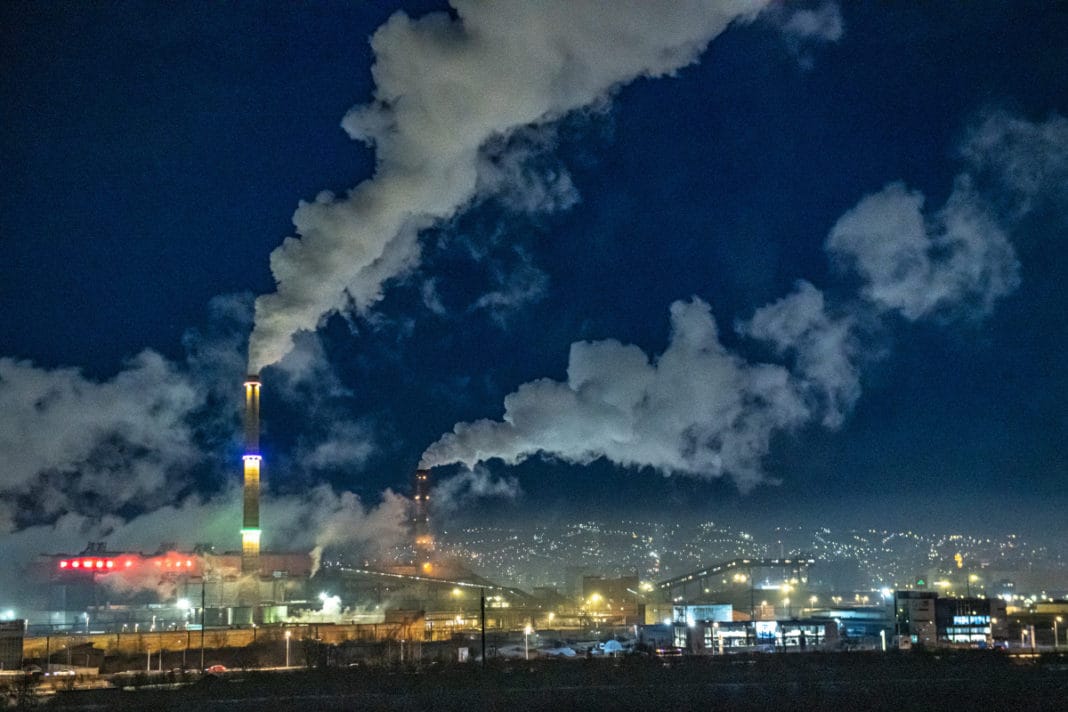
Greenhouse gases remain below pre-COVID levels in Q1 2022
EU economy greenhouse gas emissions were up year-on-year in the first quarter of 2022, at 1.029 billion tonnes, but were still slightly lower than before the global pandemic, according to data from the EU statistics office Eurostat.
In Q1 of 2019, greenhouse gases (mainly carbon dioxide, methane, nitrous oxide and fluorinated gases), totalled 1.035 billion tonnes.
Emissions in the first quarter of 2022 increased year-on-year in all of the member states in Central and Eastern Europe (CEE) compared with the same quarter of 2021, indicating a recovery from the COVID-19 pandemic.
Bulgaria had the highest annual rise in the entire bloc in Q1 2022, of 38%. The increases were largely due to the effect of the economic rebound after the sharp decrease in activity due to the COVID-19 crisis, the EC added.
Estonia, where emissions dropped most steeply during the pandemic, was second amongst CEE countries for year-on-year rises in the first quarter of this year. The Baltic country was followed by Austria, Hungary, Lithuania, Slovenia, Croatia, Romania, Poland, Latvia, Czechia, and in last place, Slovakia.
Households contributed most to greenhouse gas emissions, with a 24% share, in Q1 2022, the European Commission (EC) wrote. The other contributory sectors in order of volume were electricity and gas (21%), manufacturing (20%), agriculture (12%) and transportation and storage (10%) in the EU as a whole.
Greenhouse gas emissions increased in all sectors year-on-year in Q1 2022, except for households which remained level. The highest increases were for transportation and storage (+21%), mining (+15%) and construction (+11%).
The “Fit for 55” scheme aims to achieve a 55% net reduction in emissions by 2030 and climate neutrality by 2050. EU countries are required to annually report their emissions as parties to the Kyoto Protocol and the Paris Agreement.

